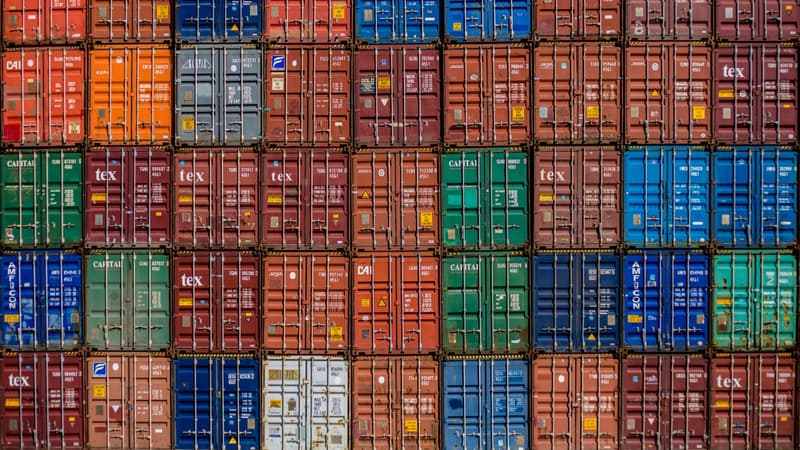The establishment of the African Continental Free Trade Area (ZLECAf) could allow an increase of more than 50% in trade between the countries of the continent, according to a report published this Friday by the International Monetary Fund (IMF).
Also, once fully operational, it will have a significant effect on trade between Africa and the rest of the world, increasing exports by 29% and imports by 7%. The consequence would be an increase “of more than 10%” in the median of real GDP per capita, the report also underlines.
Signed by almost all African countries
The agreement creating the ZLECAf provides for the progressive abolition of almost all customs duties for five years for the most developed countries and for ten years for the rest. It has been signed by all African countries, with the exception of Eritrea, and ratified by the vast majority of them, in particular the main economies of the continent, such as South Africa, Algeria, Egypt, Kenya or even Nigeria.
However, its implementation has been delayed: initially scheduled for July 1, 2020, it became a reality on January 1, 2021, due to the Covid-19 pandemic.
National reforms are needed
The Fund recalls, however, that to achieve such an impact, African states will have to support the implementation of the agreement with a series of reforms.
Without these reforms, the impact of the AfCFTA will be less. Simply lowering barriers, tariffs or not, will allow trade between African countries to increase by just 15%, leading to a 1.25% increase in median real GDP per capita.
To take advantage of all the opportunities, “it will be necessary to invest in physical and human capital, create a robust macroeconomic framework (…) and modernize the social protection system to support the most vulnerable during the transition phase,” the report insists.
Source: BFM TV


